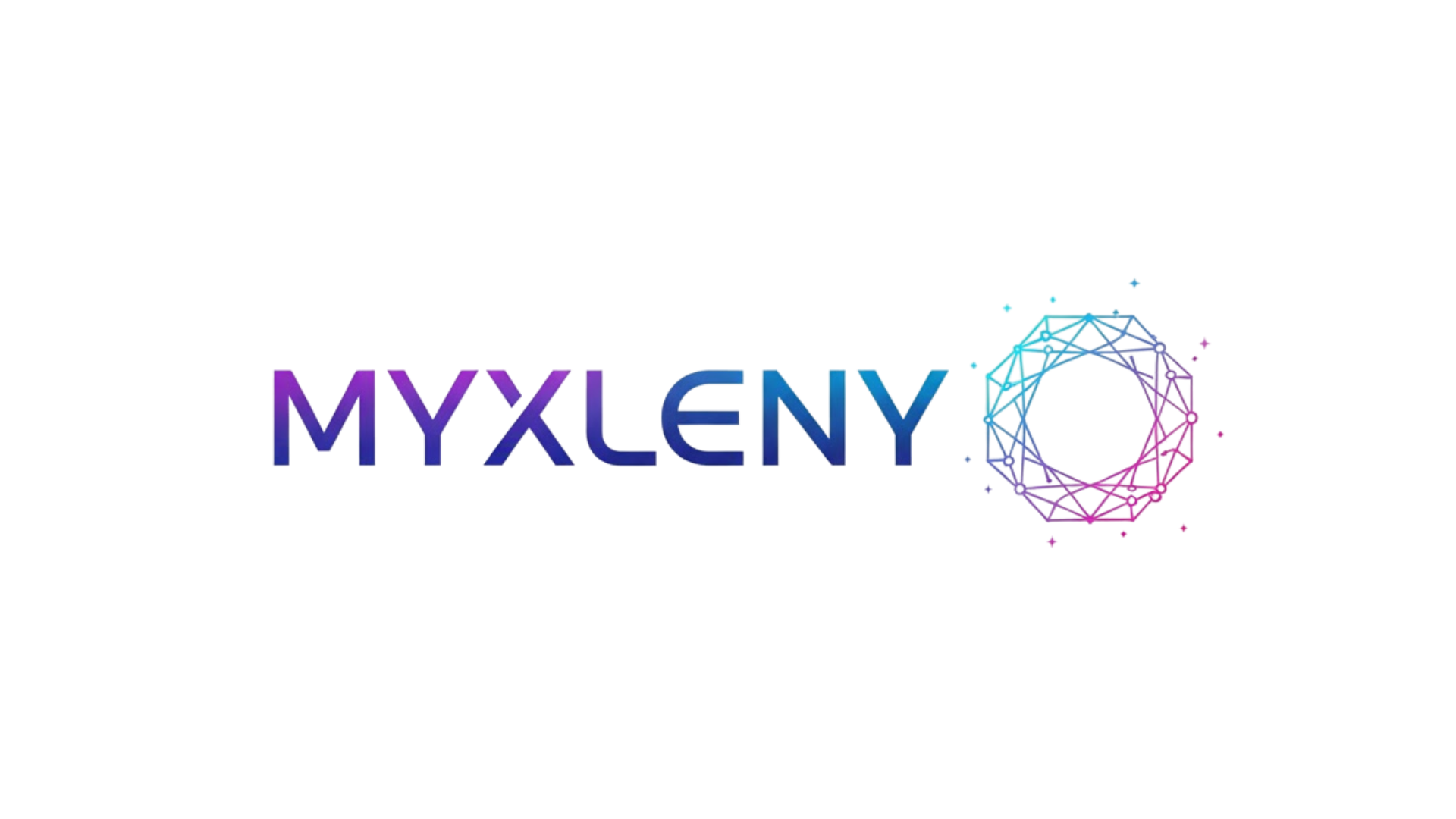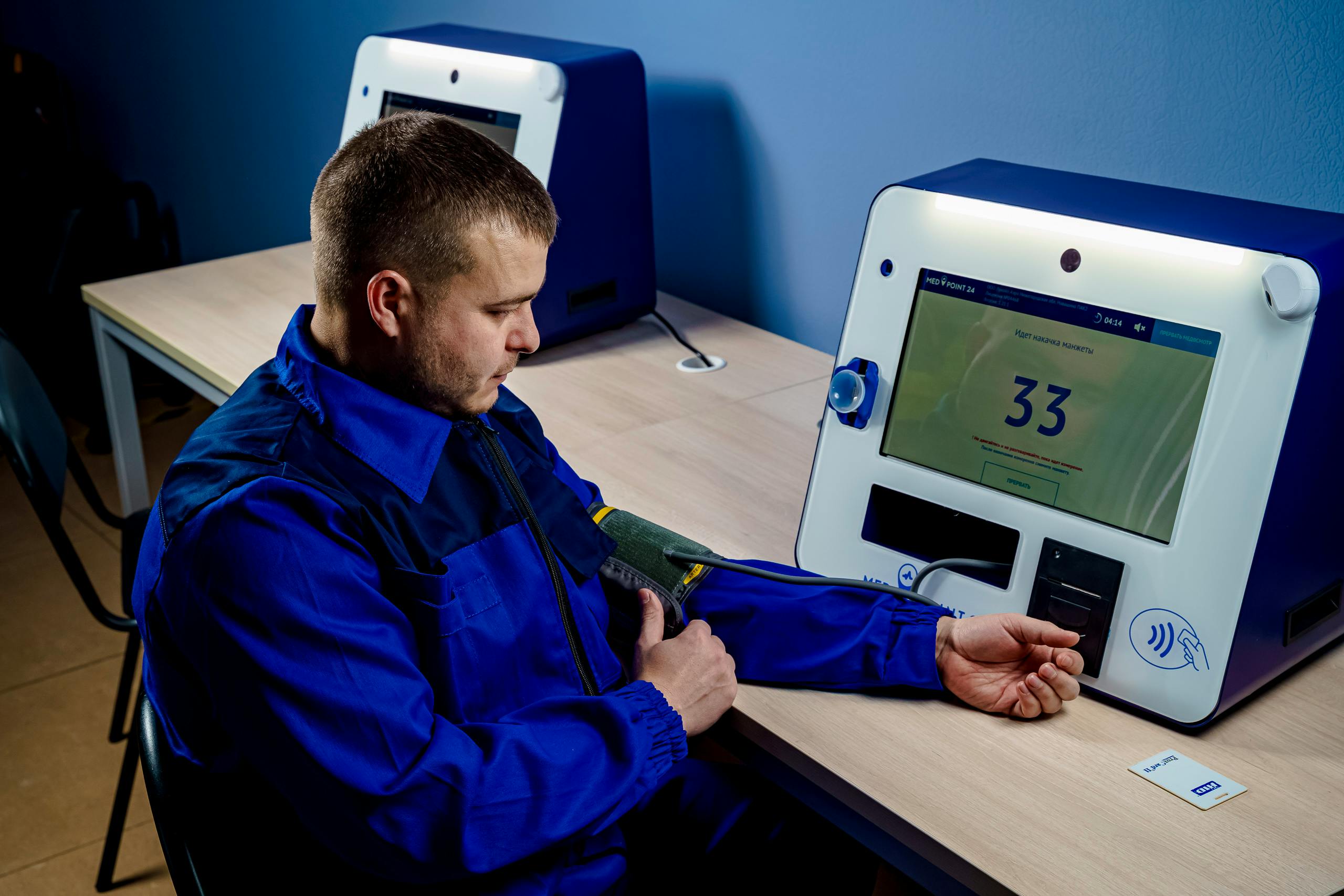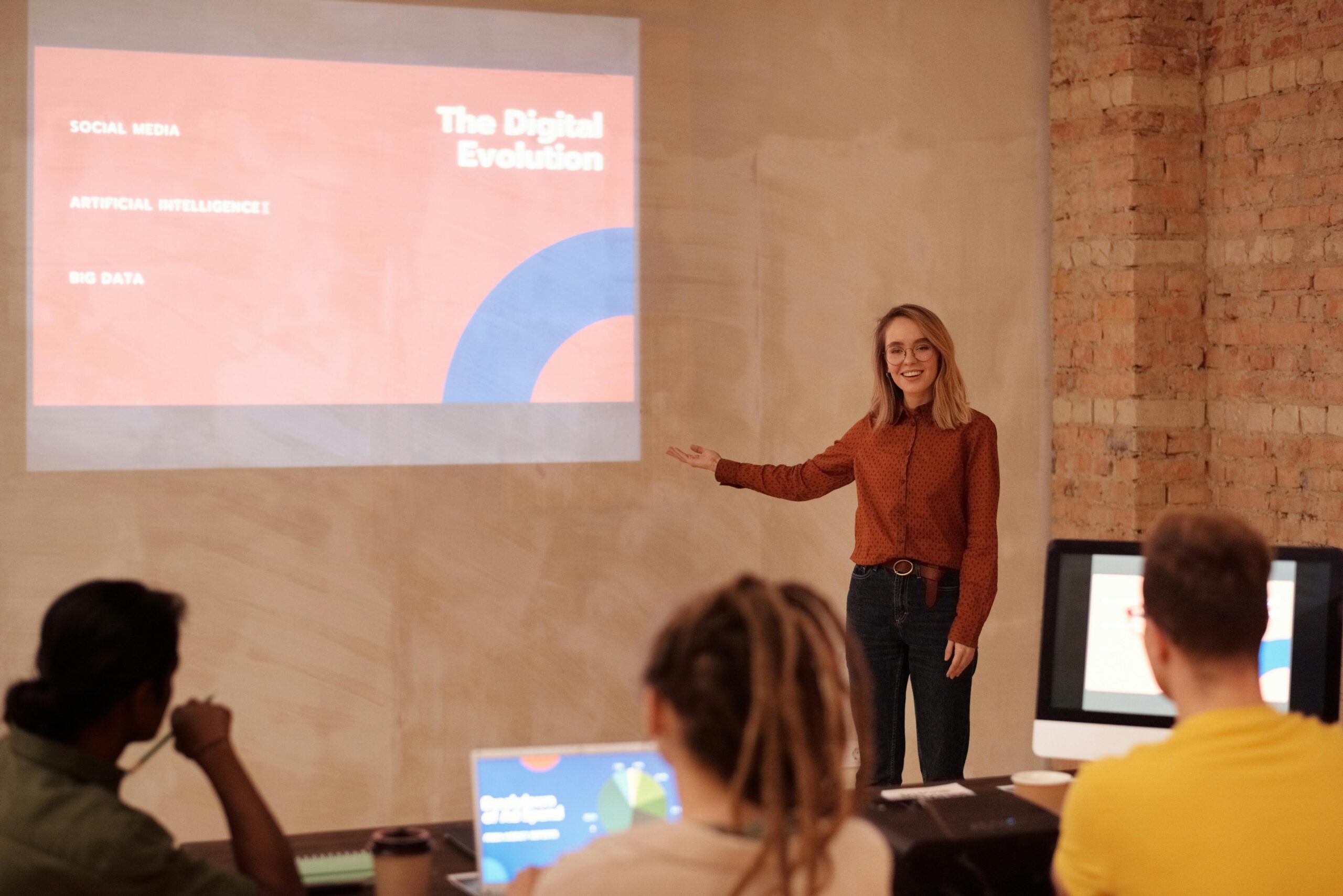The digital revolution has transformed how we work, enabling millions to break free from traditional office spaces and explore the world while maintaining their careers.
Remote work is no longer a temporary trend—it’s a fundamental shift in global employment patterns. As companies embrace distributed teams and professionals seek location independence, governments worldwide have recognized this movement by creating specialized visa programs. These nomad visas represent a groundbreaking opportunity for digital workers to legally establish themselves in new countries while continuing their remote careers.
Understanding the landscape of digital nomad visas and international mobility laws has become essential for anyone pursuing the remote work lifestyle. From tax implications to residency requirements, navigating these regulations can seem overwhelming. This comprehensive guide breaks down everything you need to know about nomad visas, mobility laws, and how to strategically plan your global journey as a digital professional.
🌍 The Digital Nomad Visa Revolution: What Changed?
The concept of digital nomad visas emerged prominently after 2020, when remote work transitioned from niche to mainstream. Countries that traditionally relied on tourism revenue began recognizing that remote workers could contribute economically while enjoying extended stays. Unlike tourist visas that prohibit working activities, nomad visas explicitly permit remote work for foreign employers or clients.
These specialized programs address a critical legal gap. Previously, digital nomads operated in grey areas—technically violating tourist visa terms by working, yet not competing in local job markets. Nomad visas legitimize this lifestyle, offering extended stays ranging from six months to multiple years, along with legal clarity that protects both the nomad and host country.
The competitive advantage for countries offering these programs is significant. Digital nomads typically earn foreign income, bringing valuable foreign currency into local economies without displacing domestic workers. They also tend to spend more than average tourists, supporting local businesses, restaurants, and accommodation providers over extended periods.
Popular Destinations with Established Nomad Visa Programs
Dozens of countries now offer digital nomad visas, each with unique requirements, benefits, and restrictions. Understanding the differences helps you select destinations aligned with your lifestyle, financial situation, and professional needs.
🇵🇹 Portugal’s Digital Nomad Visa
Portugal launched its digital nomad visa program in late 2022, adding to its already popular D7 passive income visa. The program requires proof of remote work or freelance contracts, minimum income of approximately €2,800 per month, and allows stays up to one year with renewal options. Portugal’s appeal extends beyond the visa itself—affordable living costs in cities outside Lisbon, excellent infrastructure, growing expat communities, and favorable tax regimes make it a top choice.
🇪🇸 Spain’s Digital Nomad Visa
Spain’s program, officially enacted in 2023, targets remote workers and allows them to reside in the country for up to five years. Applicants must demonstrate stable remote employment or freelance work, prove financial solvency of approximately €2,000 monthly, and show health insurance coverage. A significant advantage is the special tax regime offering reduced taxation for the first four years, making Spain financially attractive for high earners.
🇪🇪 Estonia’s Digital Nomad Visa
As a pioneer in digital governance, Estonia introduced one of the earliest nomad visa programs in 2020. The visa permits stays up to one year, requires income of approximately €3,500 monthly, and must be obtained before arrival. Estonia’s digital infrastructure is world-class, and its e-Residency program complements the nomad visa by allowing entrepreneurs to establish and manage EU-based companies remotely.
🇭🇷 Croatia’s Digital Nomad Residence
Croatia offers up to one year of residence for digital nomads earning at least €2,300 monthly. The country’s stunning Adriatic coastline, affordable costs, and strategic location within Europe make it increasingly popular. Processing times are relatively quick, and the application can be completed from abroad, simplifying the logistics of relocation.
🇬🇷 Greece’s Digital Nomad Visa
Greece’s program allows remote workers to stay for 12 months with possible extensions. The income requirement is approximately €3,500 monthly, and the visa offers a special flat tax rate of 50% on Greek-sourced income for the first seven years—though most nomads won’t have Greek-sourced income. The Mediterranean lifestyle, historical richness, and island-hopping opportunities add to Greece’s appeal.
Beyond Europe: Global Nomad Visa Options
While European programs receive significant attention, other regions offer compelling alternatives with distinct advantages, often at lower costs and with simpler application processes.
🏝️ Latin America’s Growing Nomad Scene
Costa Rica’s digital nomad visa allows stays up to two years, requiring proof of at least $3,000 monthly income. The country’s commitment to sustainability, adventure opportunities, and welcoming culture attract nature-loving nomads. Colombia offers a special work visa for digital nomads valid for two years, with significantly lower income requirements around $685 monthly, making it accessible for those earlier in their remote careers.
Mexico technically doesn’t have a specific nomad visa but offers a temporary resident visa that many remote workers use, allowing stays up to four years. The proximity to North American time zones, affordable living, rich culture, and established expat communities make Mexico a favorite among digital nomads, particularly in cities like Mexico City, Playa del Carmen, and Oaxaca.
🌴 Caribbean and Island Nations
Barbados introduced the Welcome Stamp, allowing remote workers to stay for 12 months with possible extensions. While the income requirement is higher at $50,000 annually and the stamp costs $2,000 for individuals, the lifestyle advantages—pristine beaches, excellent internet connectivity, and English-speaking environment—justify the premium for many applicants.
Bermuda, Antigua and Barbuda, and the Cayman Islands offer similar programs targeting higher-income remote workers seeking tropical island living combined with political stability and modern infrastructure.
🕌 Middle East and Asia’s Emerging Programs
Dubai’s Virtual Working Program permits one-year stays with renewal options, requiring proof of employment and minimum monthly income of $5,000. The tax-free environment, world-class infrastructure, and strategic geographic position between East and West make Dubai attractive despite higher living costs.
Thailand, long a digital nomad favorite through tourist visas, is developing a more formal long-term resident visa for remote workers. Bali, Indonesia, offers similar opportunities through various visa options, though formal nomad-specific programs are still evolving. The combination of affordability, community, and lifestyle keeps Southeast Asia popular despite regulatory uncertainty.
Understanding the Legal Framework: What You’re Actually Getting
Digital nomad visas vary significantly in what they legally permit. Understanding these distinctions prevents costly mistakes and legal complications during your travels.
Residency vs. Tax Residency: A Critical Distinction
Obtaining a nomad visa typically grants legal residency but doesn’t automatically establish tax residency. Tax residency usually requires meeting additional criteria—often spending more than 183 days in a country within a tax year. This distinction is crucial because tax residency determines where you owe income taxes.
Some nomad visas explicitly state that holders remain tax non-residents, meaning they don’t owe local taxes but also don’t receive tax resident benefits. Others establish tax residency, potentially offering favorable tax treatments but requiring tax compliance in that jurisdiction. Always consult with international tax professionals before establishing residency anywhere.
Work Permissions and Restrictions
Most nomad visas permit remote work exclusively for foreign employers or clients—working for local companies or hiring local employees is typically prohibited. This restriction protects domestic labor markets while allowing host countries to benefit from your presence and spending.
Some programs allow limited freelancing with local clients, while others permit establishing local business entities. Review specific visa terms carefully, especially if your work model involves diverse client relationships or you plan to expand your business operations.
Health Insurance Requirements
Nearly all nomad visa programs mandate comprehensive health insurance coverage. Requirements vary—some accept international travel insurance, others require specific minimum coverage amounts, and some mandate insurance purchased from local providers. Factor these costs into your budget, as quality international health insurance typically ranges from $100 to $300 monthly depending on age, coverage, and destination.
Strategic Planning: Choosing Your Nomad Destinations
Selecting the right destinations involves balancing multiple factors beyond visa requirements—lifestyle preferences, professional needs, costs, and long-term goals all play crucial roles.
💰 Cost of Living Considerations
Your income level significantly influences ideal destinations. Southeast Asian countries, Latin America, and Eastern Europe offer excellent value, where $2,000-$3,000 monthly supports comfortable lifestyles. Western Europe, Australia, and premium island destinations typically require $4,000-$6,000 monthly for equivalent quality of life.
Create realistic budgets including accommodation, food, transportation, coworking spaces, health insurance, visa costs, and discretionary spending. Many nomads underestimate actual costs, especially when factoring frequent meals out, travel within regions, and maintaining multiple subscriptions and services.
🕐 Time Zones and Work Requirements
If your remote work requires real-time collaboration with specific time zones, geography becomes critical. European-based nomads working with US companies often face challenging schedules, while Asian locations may require very early morning calls. Mexico and Latin America offer advantages for US-based work, maintaining reasonable overlap with American business hours.
Consider whether your role allows asynchronous work or demands real-time availability. Async-friendly positions offer greater location flexibility, while customer-facing roles or those requiring extensive meetings limit ideal destinations.
📶 Infrastructure and Connectivity
Reliable, high-speed internet is non-negotiable for remote work. Research internet reliability, average speeds, and backup options in potential destinations. Major cities generally offer excellent connectivity, but rural or island locations may present challenges. Coworking spaces provide reliable alternatives when accommodation internet proves inadequate.
Consider backup connectivity solutions like local SIM cards with substantial data plans or portable WiFi devices. Having redundancy prevents critical work disruptions when primary connections fail.
The Application Process: What to Expect
While specific requirements vary by country, most nomad visa applications follow similar patterns and require comparable documentation.
📋 Common Documentation Requirements
Expect to provide proof of employment or freelance contracts demonstrating stable remote work, bank statements showing required minimum income and savings, health insurance certificates meeting program specifications, passport validity extending at least six months beyond intended stay, background check or police clearance certificates, and completed application forms with applicable fees.
Processing times range from a few weeks to several months. Plan accordingly, applying well before intended travel dates. Some programs require applications from your home country, while others permit in-country applications or applications from third countries.
💡 Application Tips and Strategies
Organize documents meticulously—many applications fail due to incomplete documentation rather than ineligibility. Translate documents into required languages through certified translators when necessary. Maintain digital copies of everything, organized by destination and date.
For freelancers without traditional employment contracts, compile client contracts, invoices, and payment records demonstrating consistent income. Letters from clients confirming ongoing relationships strengthen applications.
Financial requirements often specify average monthly income over three to six months. If your income fluctuates, ensure your average meets thresholds during the evaluation period. Additional savings beyond minimum requirements strengthen applications.
Tax Implications and International Compliance
Taxation represents one of the most complex aspects of digital nomadism, with potential obligations spanning multiple jurisdictions simultaneously.
Understanding Tax Obligations
Your tax obligations depend on citizenship, tax residency status, income sources, and bilateral tax treaties. US citizens face worldwide taxation regardless of residence, requiring annual filing even when living abroad—though foreign earned income exclusions and foreign tax credits reduce or eliminate double taxation for many.
Most other countries use residence-based taxation, where tax obligations depend on tax residency status rather than citizenship. Spending significant time (typically 183+ days) in a country often triggers tax residency, creating local tax obligations.
The concept of “tax nomadism”—avoiding tax residency anywhere by continuously moving—carries significant risks. Many countries have anti-avoidance rules, and being tax resident nowhere can trigger complex regulations or scrutiny. Establishing clear tax residency somewhere, ideally in a favorable jurisdiction, typically provides greater security than attempting to remain tax resident nowhere.
Working with International Tax Professionals
International tax law is extraordinarily complex, varying by jurisdiction and changing frequently. Working with professionals specializing in expat and digital nomad taxation prevents costly mistakes. Initial consultations cost $200-$500 but potentially save thousands in optimized tax planning or avoided penalties.
Seek specialists familiar with your citizenship country, intended residence countries, and remote work taxation. Generic tax advisors often lack the specialized knowledge required for international situations.
🛠️ Practical Tools and Resources for Digital Nomads
Successfully managing the nomad lifestyle requires leveraging appropriate tools, communities, and resources that simplify logistics and enhance experiences.
Community and Networking Platforms
Digital nomad communities provide invaluable support, information sharing, and social connections. Platforms like Nomad List offer detailed cost of living data, visa information, and community forums. Facebook groups focused on specific destinations or nomad topics connect you with experienced travelers sharing practical advice.
Coworking spaces serve dual purposes—providing reliable work environments and facilitating networking. Global chains like WeWork, Spaces, and Selina offer consistency across locations, while local coworking spaces provide authentic cultural immersion and local community connections.
Financial Management Tools
Managing finances across currencies and countries requires specialized tools. Wise (formerly TransferWise) offers multi-currency accounts with local bank details in numerous countries, facilitating international payments at transparent exchange rates. Revolut provides similar functionality with added cryptocurrency options.
Maintaining banking relationships in your home country remains important for credit history and certain transactions. Ensure your bank permits international use without excessive fees—many digital-friendly banks like Charles Schwab reimburse ATM fees worldwide.
Travel and Accommodation Planning
Booking platforms like Airbnb and Booking.com offer monthly rental discounts, though direct contact with property owners often yields better rates for extended stays. Facebook groups for specific cities frequently list accommodation options unavailable on major platforms.
Coliving spaces combine accommodation with built-in communities, particularly valuable when entering new destinations without existing connections. While typically more expensive than independent apartments, the convenience and social aspects justify costs for many nomads.
Building Sustainable Success as a Location-Independent Professional
Long-term success as a digital nomad extends beyond securing visas—it requires developing sustainable routines, maintaining professional performance, and protecting personal wellbeing across constant change.
⚖️ Work-Life Balance in Paradise
The perpetual vacation environment paradoxically makes work-life boundaries more challenging. Establishing consistent work hours, dedicated workspaces, and clear boundaries prevents burnout despite exotic surroundings. Remember that sustainable nomadism requires maintaining professional excellence—romantic notions of working from beaches rarely reflect productive reality.
Schedule regular “settling periods” rather than constantly moving. Many successful nomads adopt slow travel approaches, spending months in single locations rather than weeks, allowing deeper cultural immersion and reducing exhausting logistics.
Health and Wellness Priorities
Maintaining physical and mental health while traveling requires intentional effort. Establish exercise routines adaptable to different environments, prioritize sleep despite changing time zones, and maintain nutrition despite tempting local cuisines. International health insurance providing mental health coverage is increasingly important as nomads recognize isolation and constant transition challenges.
Professional Development and Career Growth
Location independence shouldn’t mean career stagnation. Invest in continued learning, maintain professional networks, and seek opportunities advancing your expertise. The flexibility of nomad life actually enables pursuing education, certifications, or projects impossible within traditional structures—leverage this advantage rather than treating nomadism purely as extended vacation.

Future-Proofing Your Nomadic Journey 🚀
The digital nomad landscape continues evolving rapidly. Staying informed about regulatory changes, emerging destinations, and shifting trends positions you for continued success in this lifestyle.
More countries will introduce or expand nomad visa programs as competition for remote talent intensifies. Eastern Europe, Africa, and additional Asian countries are developing programs to attract digital professionals. Monitoring these developments reveals opportunities in emerging destinations before they become saturated.
Regulatory frameworks will mature, potentially introducing more stringent requirements but also greater clarity and protection. Early adopters of current programs may grandfather into favorable terms as regulations evolve.
Technology continues reshaping possibilities—improving connectivity in remote areas, enabling richer virtual collaboration, and creating new remote work opportunities. Artificial intelligence and automation will transform which jobs remain remotely viable, making adaptability and continuous learning essential.
The digital nomad lifestyle represents extraordinary privilege—the freedom to live globally while maintaining income requires specific skills, nationalities, and circumstances not universally accessible. Approach this lifestyle with gratitude, respect for host communities, and awareness of your impact on local economies and cultures.
Building genuine connections with local communities, supporting local businesses beyond tourist traps, learning elements of local languages, and respecting cultural norms transforms you from extractive tourist to contributing community member. This approach enriches your experience while ensuring nomadism benefits both travelers and destinations.
The opportunity to live and work globally represents one of the most significant lifestyle innovations of our era. With proper planning, legal compliance, and sustainable practices, digital nomadism offers not just exotic backdrops for your work, but genuine cross-cultural experiences, personal growth, and professional flexibility impossible in traditional structures. Whether you’re considering your first nomadic experience or refining an established lifestyle, understanding visa options and mobility laws empowers you to build the intentional, legal, and fulfilling location-independent life you envision.
Toni Santos is a future-of-work researcher and social innovation writer exploring how technology, culture, and global mobility are redefining what it means to work and thrive in the 21st century. Through his studies on automation, digital nomadism, and workforce transformation, Toni examines the balance between progress, adaptability, and human purpose in a rapidly changing world. Passionate about remote collaboration systems and digital inclusion, Toni focuses on how emerging tools and global connectivity empower individuals to build meaningful, flexible, and resilient careers. His work highlights how automation and new work models can coexist with creativity, empathy, and social value. Blending sociology, economics, and digital strategy, Toni writes about the human side of innovation — helping readers understand not only where work is heading, but how to align with its transformation responsibly and purposefully. His work is a tribute to: The evolving relationship between automation and human employment The rise of global, location-independent lifestyles The power of resilience and adaptability in the modern workforce Whether you are a freelancer, remote leader, or curious observer of the new economy, Toni Santos invites you to explore the future of work — one idea, one connection, one transformation at a time.




